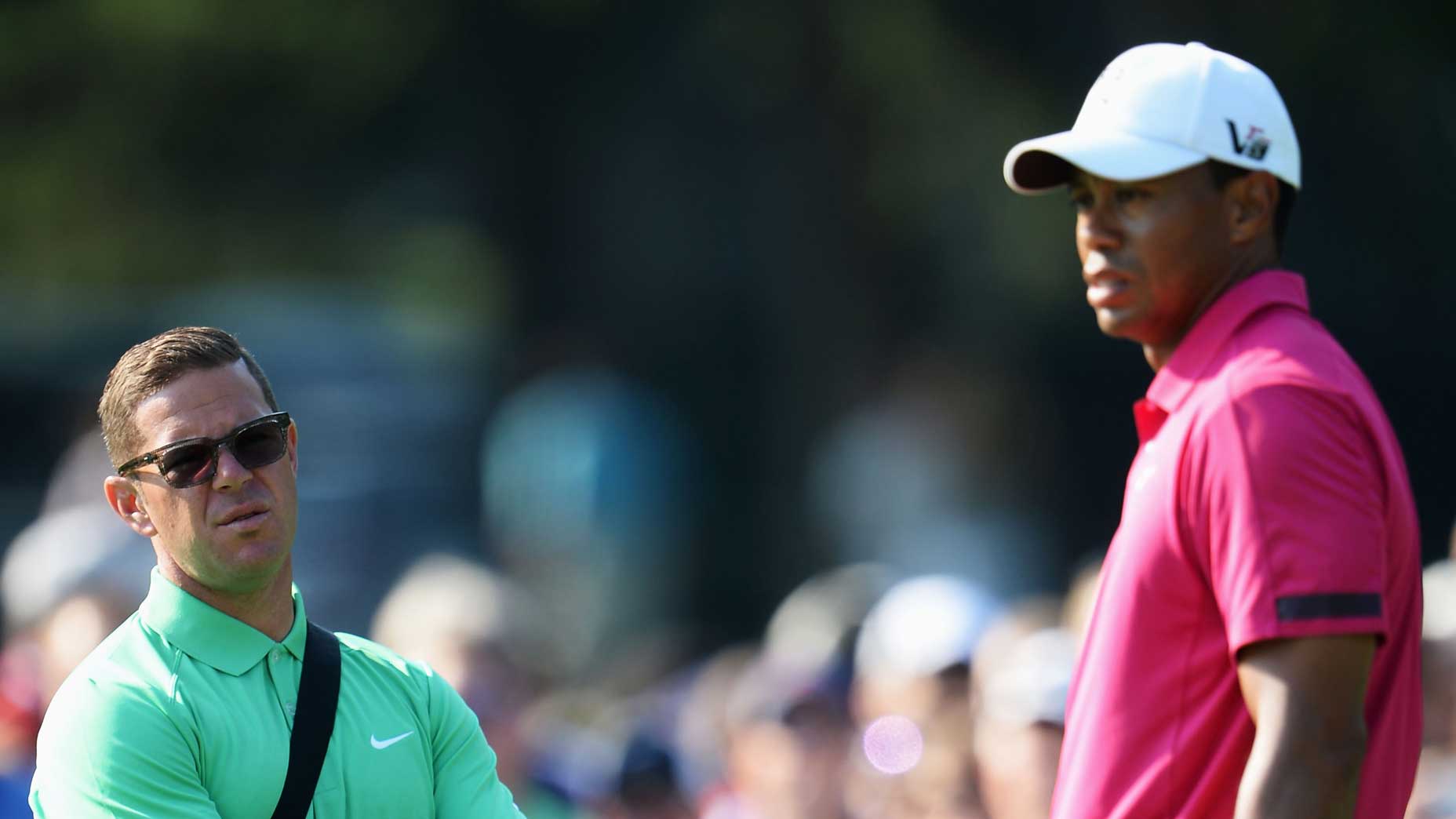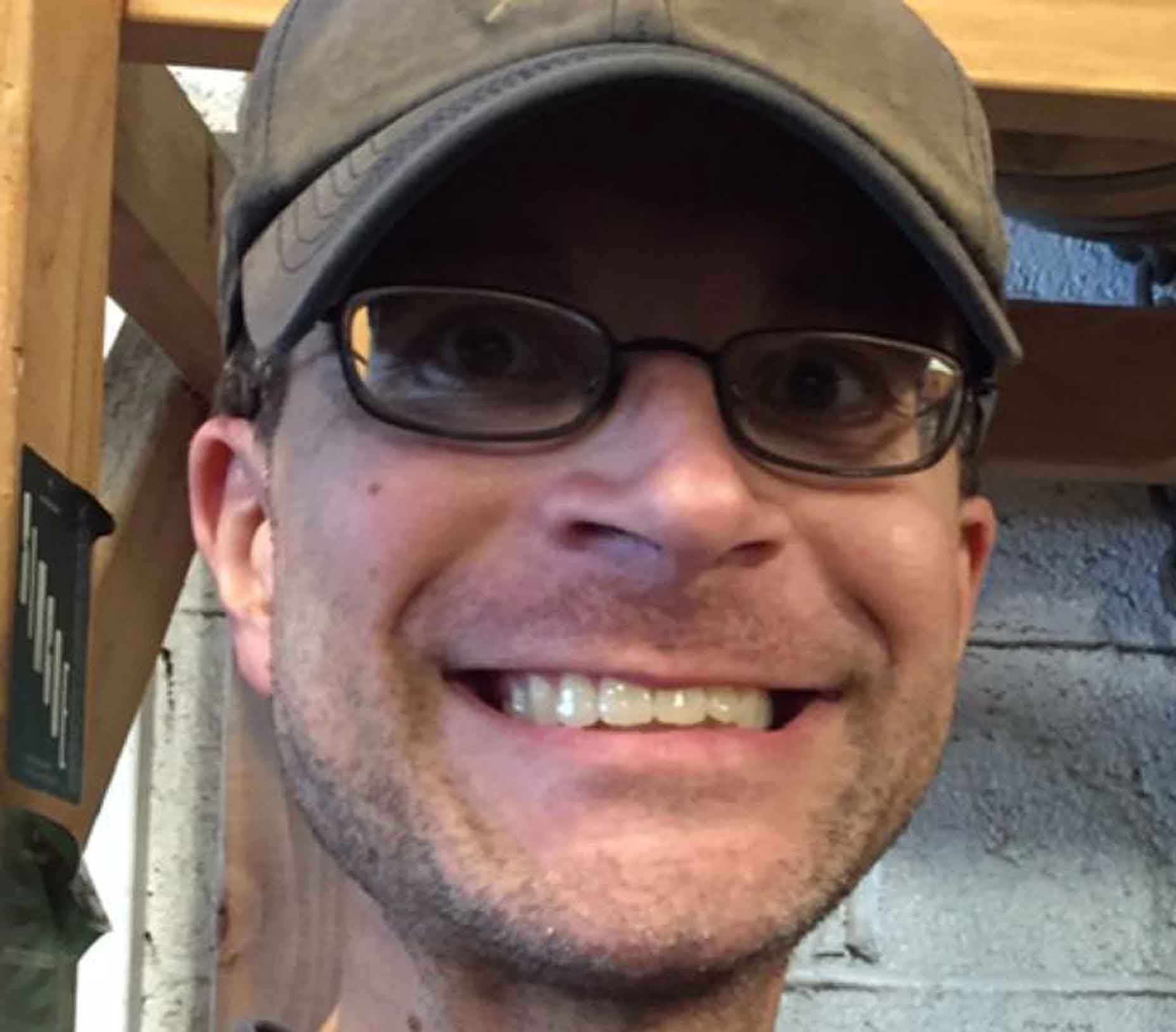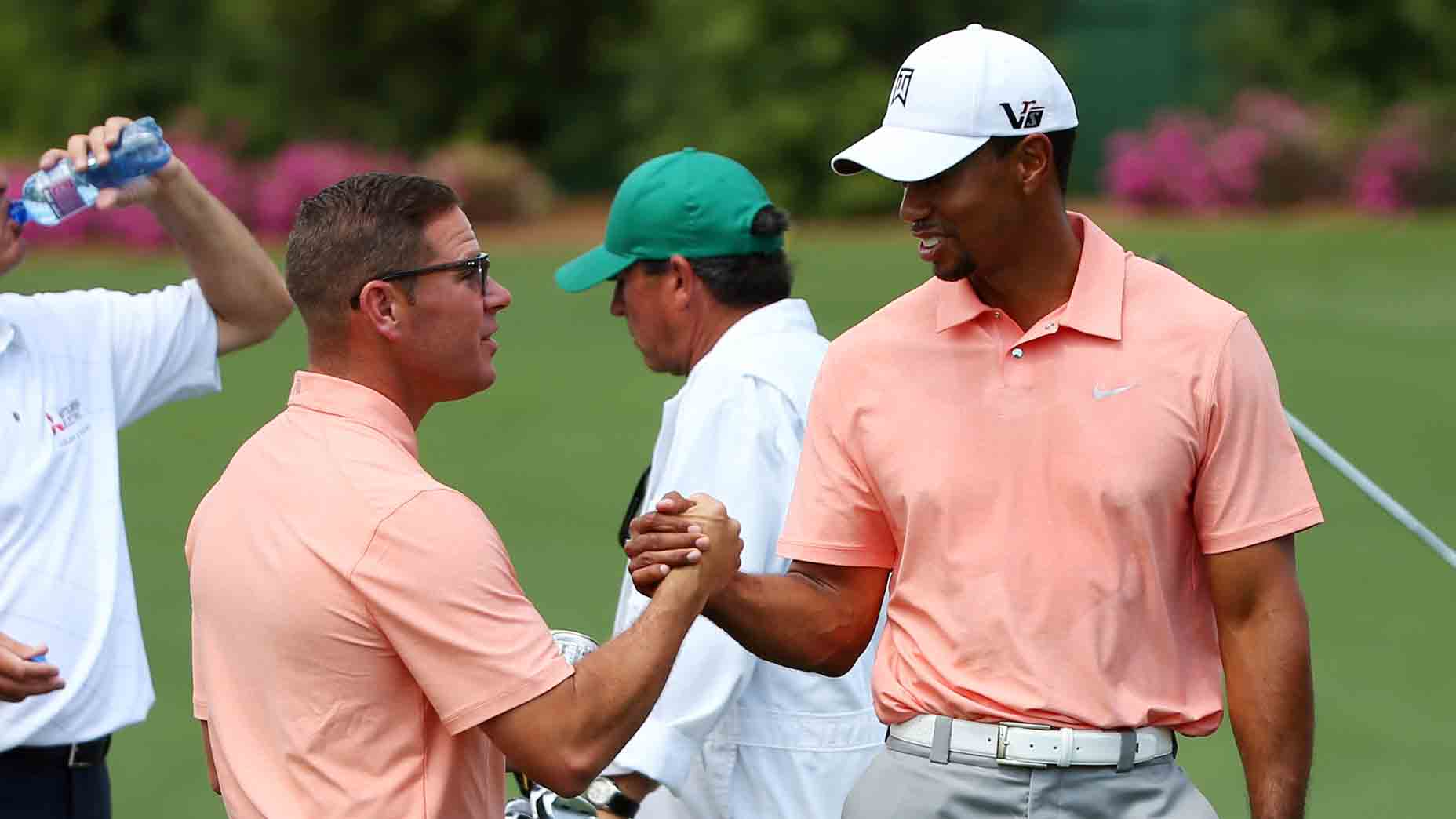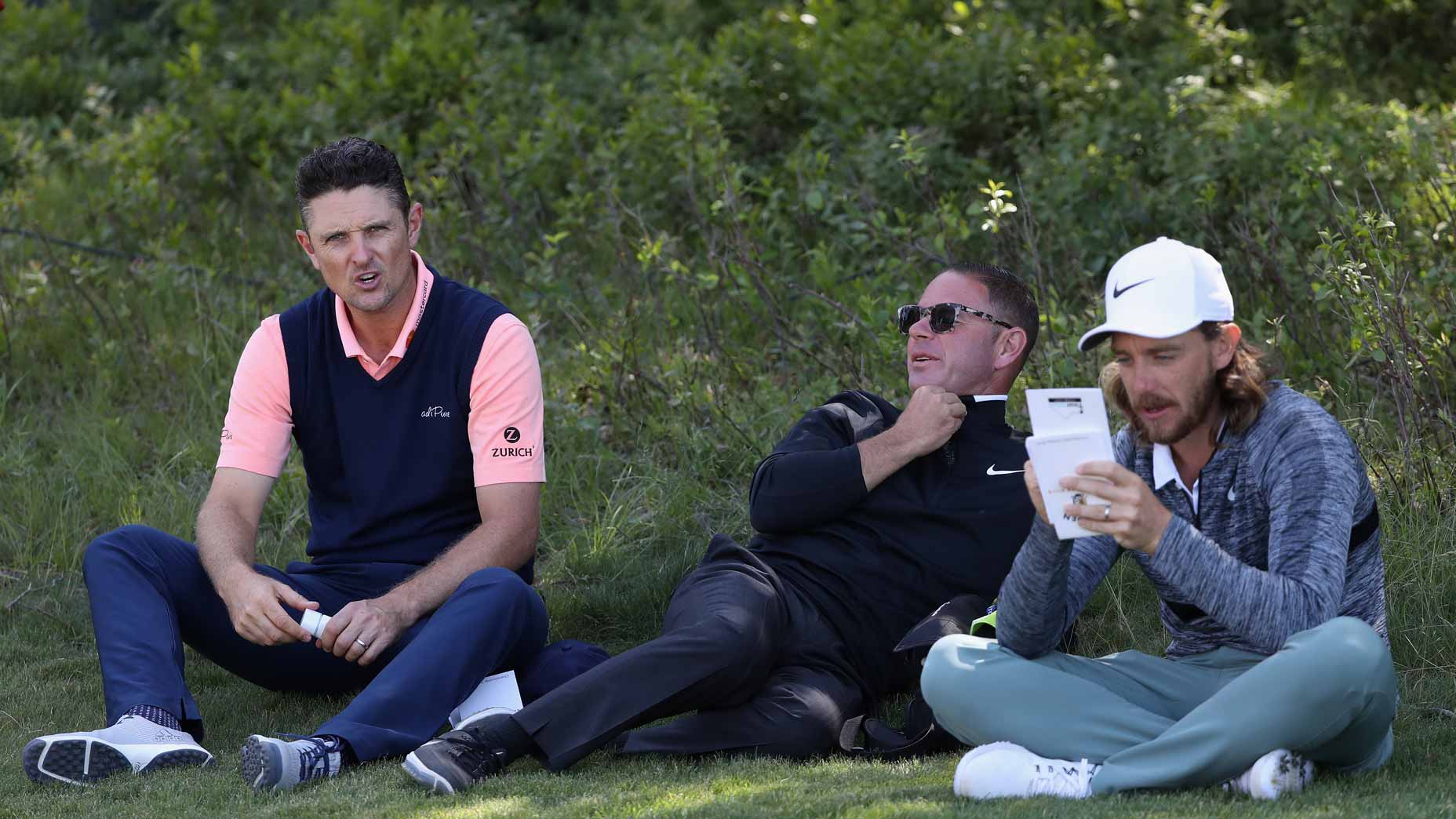They have kids.
They have jobs.
They have bills to pay.
They cannot spend 40 hours a week on the driving range.
The setup was a good one by Sam “Riggs” Bozoian. It was relatable. As was his question that followed this week on his popular Fore Play podcast:
What’s the average player to do?
Bozoian was talking with star teachers David Woods and Sean Foley, who was once Tiger Woods’ coach. A mid-handicapper doesn’t want to quit. They want to shoot lower. But Woods and Foley — whose new swing product, the ProSENDR, is the talk of the pros — had a thought.
It’s worth a read below — and a listen here. Here’s the exchange:
“For the real average golfer,” Bozoian started, “what can they really do to most maximize their time — they got kids; they got jobs; they’ve got bills to pay; they cannot spend 40 hours a week on the driving range; they can maybe spend a couple hours a week on the driving range? What can they really do to just hit the ball better so that they can be in play and hit it pretty consistent? What can they really do?”
Said Woods: “I tell you what, the first thing — and I would only jump in here, Sean, because I probably teach more average-to-high-handicap players than you do. And the one thing that I always try to emphasize with people — because the vast majority of them, they can’t deliver the shaft with any kind of forward lean. And if you can’t learn to do that first, it’s pretty hard to execute all the other things that are important in the golf swing.
“So if I was trying to get someone to be much better, I would get them to be an amazing chipper — and I don’t mean saucy little chips. I mean like standard, old school, ball a little bit back in the stance, weight on the left foot, open stance a touch, leaning the shaft, hitting down on it, getting your low point beyond the ball, learning ground interaction. And then from there, doing 9-to-3 drills till your hands bleed. Like little half shots that go 70 yards where you can feel the ball compression that you maybe never felt before. Because that’s just a microcosm of the whole swing. Like if you can do that and compress it a little half-swing, a chip is just a mini-version of the swing.”
Explaining the hot new training aid that pros are raving aboutBy: Zephyr Melton
We’ll interrupt here to note that if you’re looking for short-game tips, this is a fine place to go. Let’s continue.
Said Foley: “I think when you get done playing golf, what’s the only question people ask me? What did you shoot? So to piggy-back on top of what Dave said, you’re a 15- to 30-handicap, and I get the time constraints — I don’t really have time to play golf because of the same reasons. Go to the range and the short-game area and just bring your wedges and your putter. Do that for a year.
“Because when I’m in pro-ams every week on the PGA Tour, I see most people slice it, but they’re pretty consistent with their slice. It’s pretty consistent. As soon as they get around the green, it takes four, five or six strokes sometimes. I know hitting a driver is fun, but most people don’t even understand the math on how to hit a bunker shot. And the thing is, if you don’t swing it great, you’re going to have to chip and putt anyways.
“So from a scoring standpoint, I would advise people to do that.”
Editor’s note: To listen to the entire podcast with Woods and Foley, please click here.





